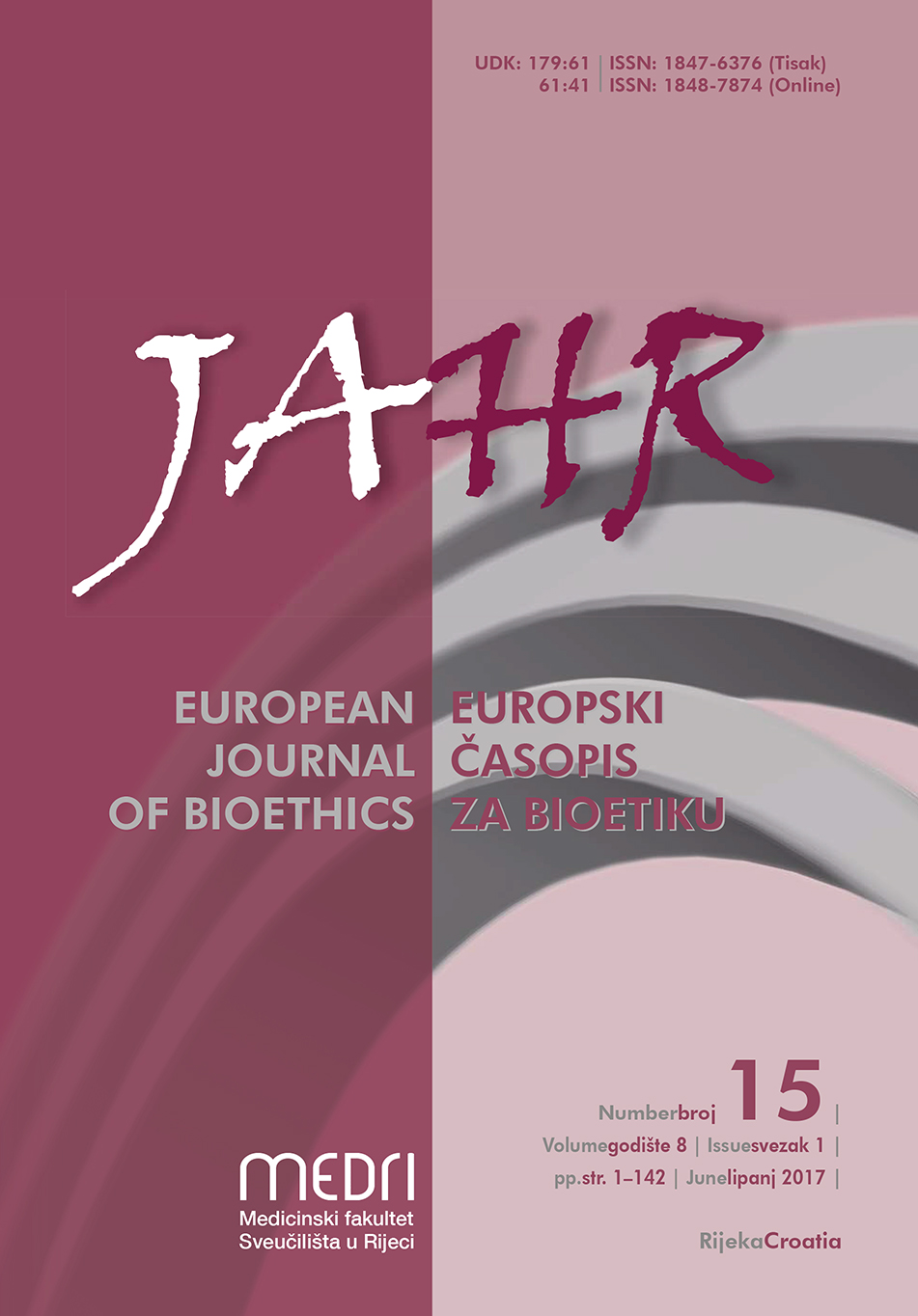The Importance of the Assessment of Quality of Life in Glaucoma Patients
Keywords:
Quality of life, glaucoma, patients’ perspective, rights of the patientsAbstract
https://doi.org/10.21860/j.8.1.4
Glaucoma is a chronic, progressive eye disorder that can lead to visual impairment and blindness. The projection of glaucoma prevalence in the world suggests that in 2020, 79,6 million of people will have glaucoma, 11,2 million of them will be bilaterally blind. The chronic disease, such as glaucoma, affects the different roles of a patient in everyday life and his/her well-being. Quality of Life(QoL) helps to define the inability of performing specific task that is most important to patient. Patients’ perspective on their visual impairment and well-being are essential in the planning of management of glaucoma. The assessment of QoL should be standard procedure in the management of glaucoma patients. In clinical practice it should represent a gold standard in the care of chronic patients and a proof of fulfilling the patients’ rights. The assessments of QoL should serve as a tool for good clinical practice, for respecting the patients’ rights, and respect for the value of human life in general.
Downloads
Published
Issue
Section
License
Authors who publish with this journal agree to the following terms:
- Authors retain copyright and grant the journal right of first publication with the work simultaneously licensed under a Creative Commons Attribution License that allows others to share the work with an acknowledgement of the work's authorship and initial publication in this journal.
- Authors are able to enter into separate, additional contractual arrangements for the non-exclusive distribution of the journal's published version of the work (e.g., post it to an institutional repository or publish it in a book), with an acknowledgement of its initial publication in this journal.
- Authors are permitted and encouraged to post their work online (e.g., in institutional repositories or on their website) prior to and during the submission process, as it can lead to productive exchanges, as well as earlier and greater citation of published work (See The Effect of Open Access).



